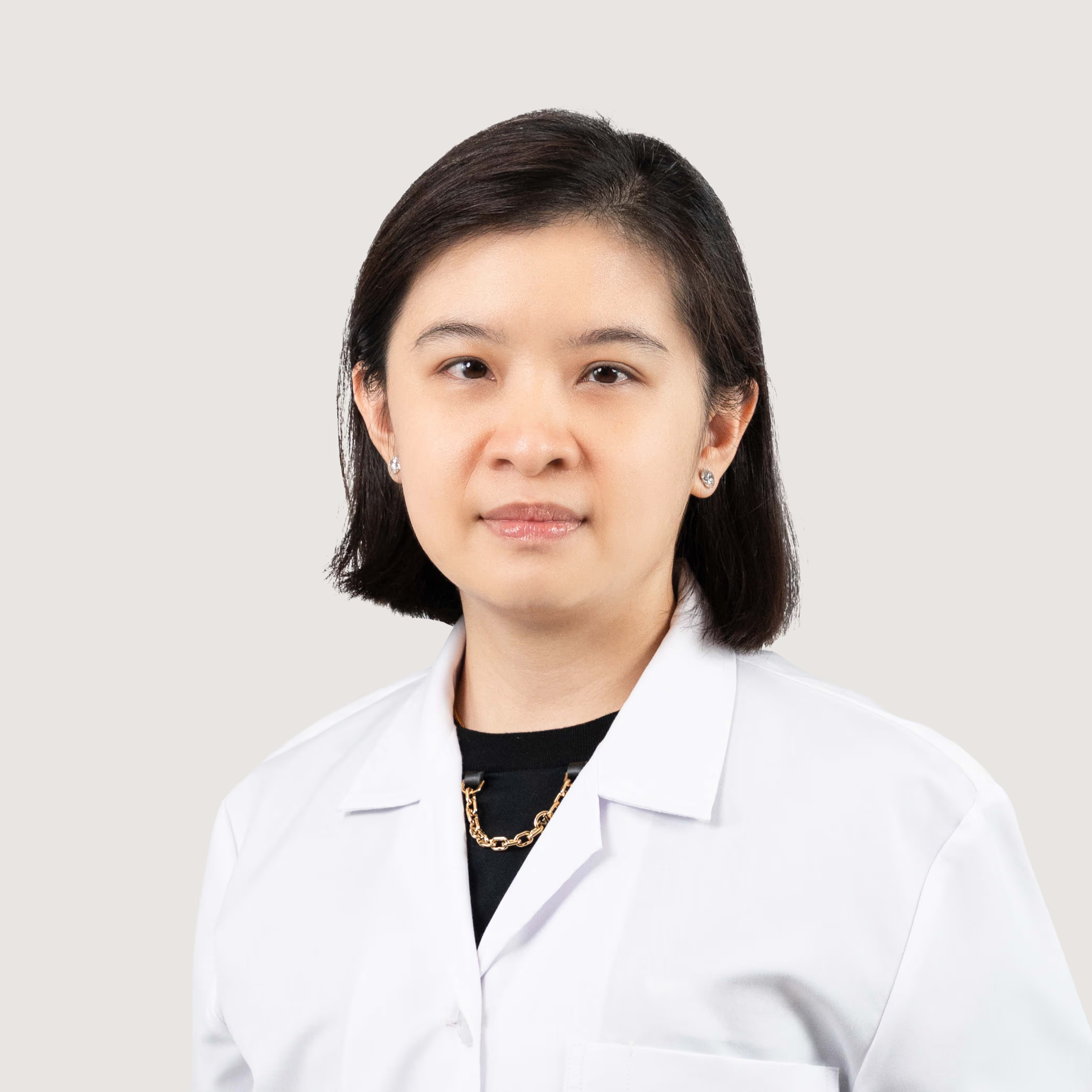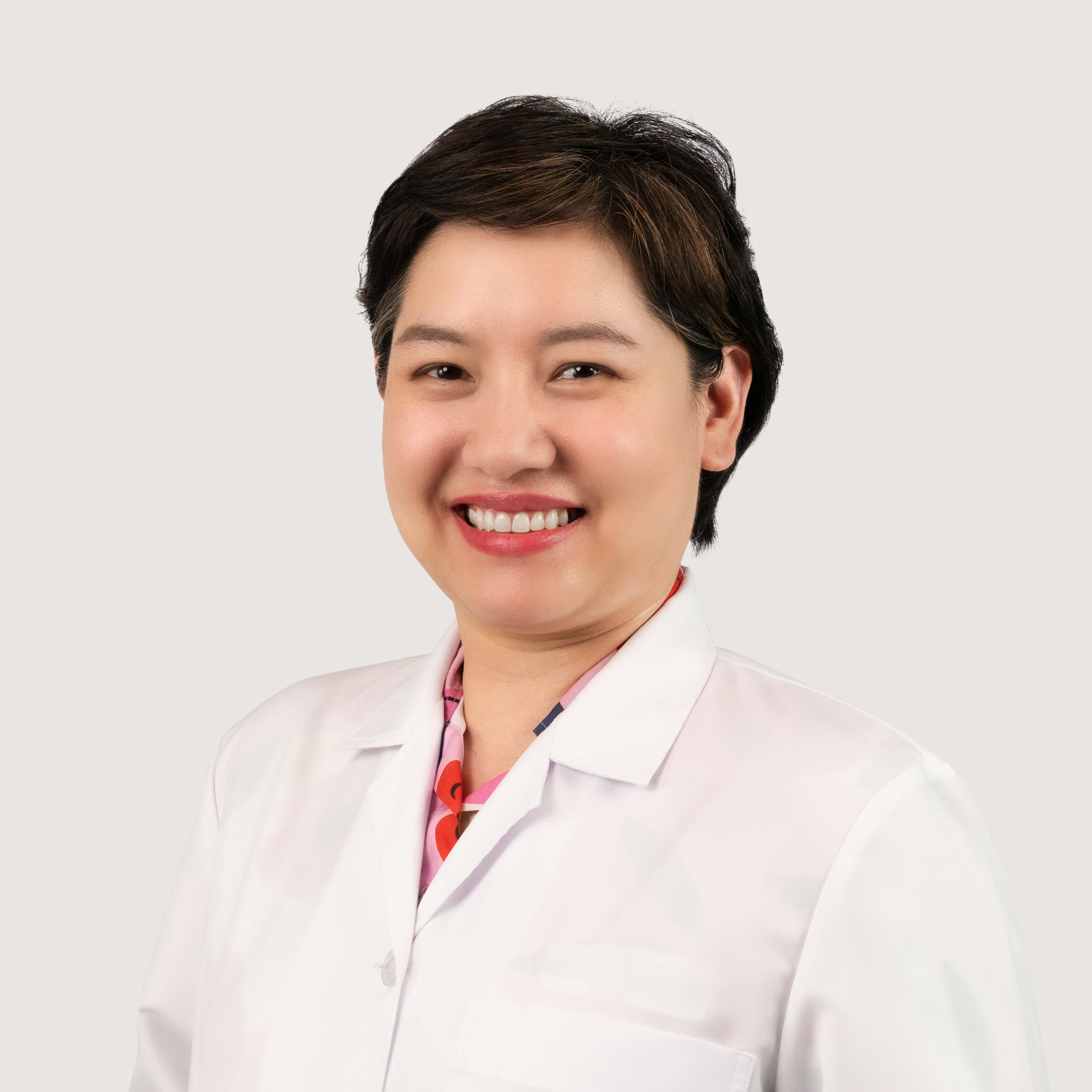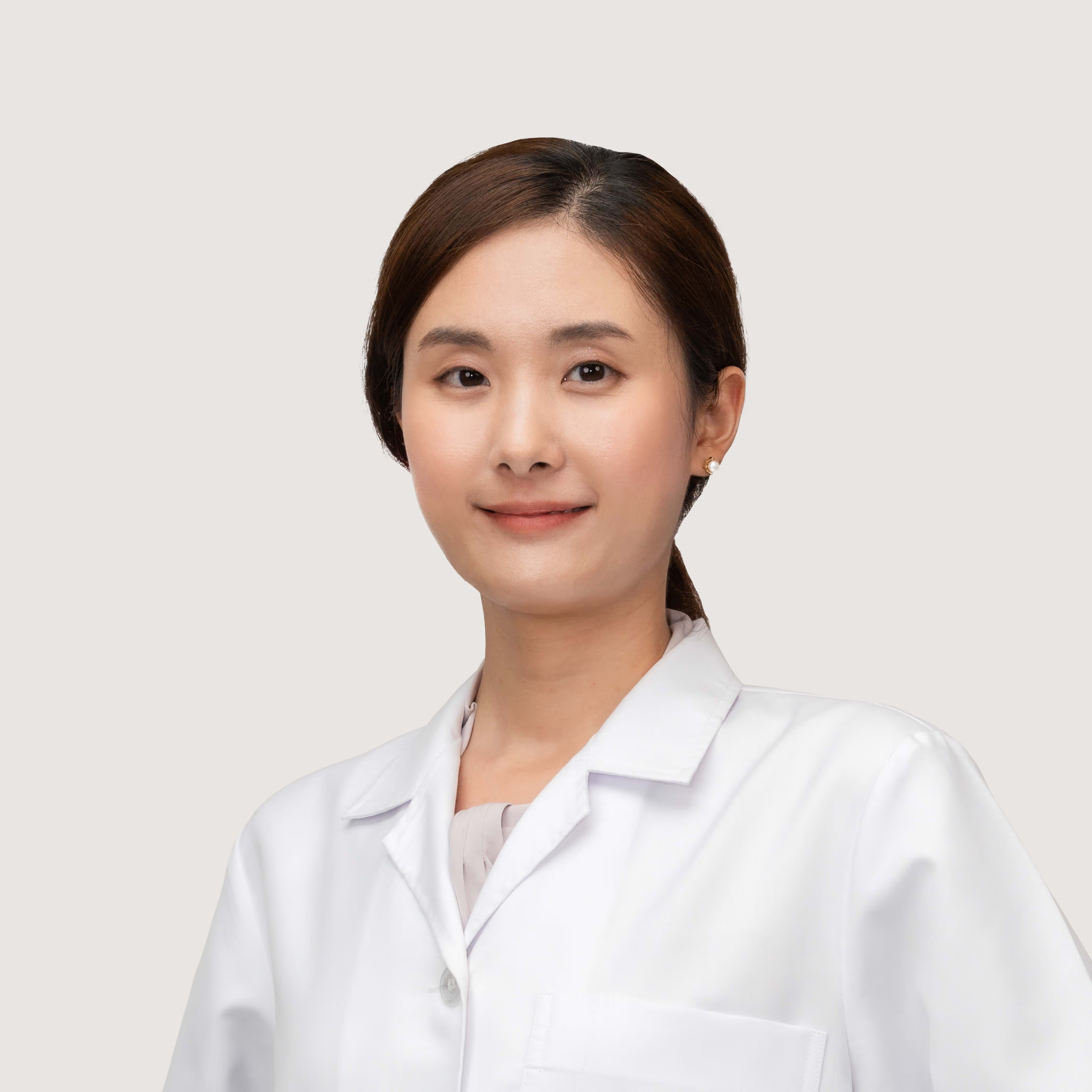Acupuncture
Acupuncture is a traditional Chinese medicine treatment that uses thin needles to relieve symptoms and pains. An acupuncturist performs the treatment by inserting thin, sterile needles into acupoints to rebalance the flow of qi or energy. Acupuncture can help the body release natural chemicals such as neurotransmitters and endorphins (natural pain relievers) to promote natural healing abilities. Clinical studies have confirmed the effectiveness of acupuncture in treating certain conditions.
Types of Acupuncture
- Ancient Chinese acupuncture focuses on rebalancing the flow of qi through the body because the imbalance of qi can cause illness.
- The dry needling approach treats muscle pain by releasing trigger points or painful knots. When there are strained and contracted muscles, trigger points form. It can cause referred pain in other body areas. Inserting a needle into the trigger point can help ease chronic myofascial pain.
Conditions Treatable by Acupuncture
Acupuncture can help relieve the symptoms of chronic pain conditions such as arthritis, injuries, headaches, migraines, menstrual cramps, and pain in the neck, back, or knee.
It can also improve the following conditions:
- Side effects of cancer and cancer therapy
- Immune system
- Nervous system
- Infertility
- Digestive problems
- Menopause
- Repetitive strain injuries
- Pregnancy discomforts
Acupuncture Treatment
Before the treatment
Inform the acupuncturist if you have the following conditions:
- You are pregnant. Acupuncture may stimulate labor.
- You have a bleeding disorder. Bleeding can worsen due to bruises from needles.
- You have a pacemaker. Mild electrical current pulses applied during acupuncture treatment can interfere with the working of a pacemaker.
During the treatment
An acupuncturist takes your medical history and does a physical exam. Then the acupuncturist inserts thin, sterile needles into the body at different points and depths and leaves them there for 20 minutes. You will feel each needle prick. The acupuncturist will ask if you feel dull aches, numb, heavy, or tingling sensations. The feelings signify that the treatment is working.
After the treatment
You may have common side effects such as minor bruising or soreness at the needle puncture sites. The risk of infection is low because of the single-use, disposable nature of the needles. However, it is crucial to have treatment with a trained and certified acupuncturist and always consult him/her before the procedure.
Generally, the acupuncturist may recommend having treatment once a week. How many treatments you need depends on the severity of your condition and the response to acupuncture. You should receive at least five treatments for the full effects of acupuncture treatment.
If you are on medications or undergoing other treatments, such as cancer therapy, you should continue the prescribed medications. You should not stop taking medications just because you feel better or have less pain from acupuncture treatment.












